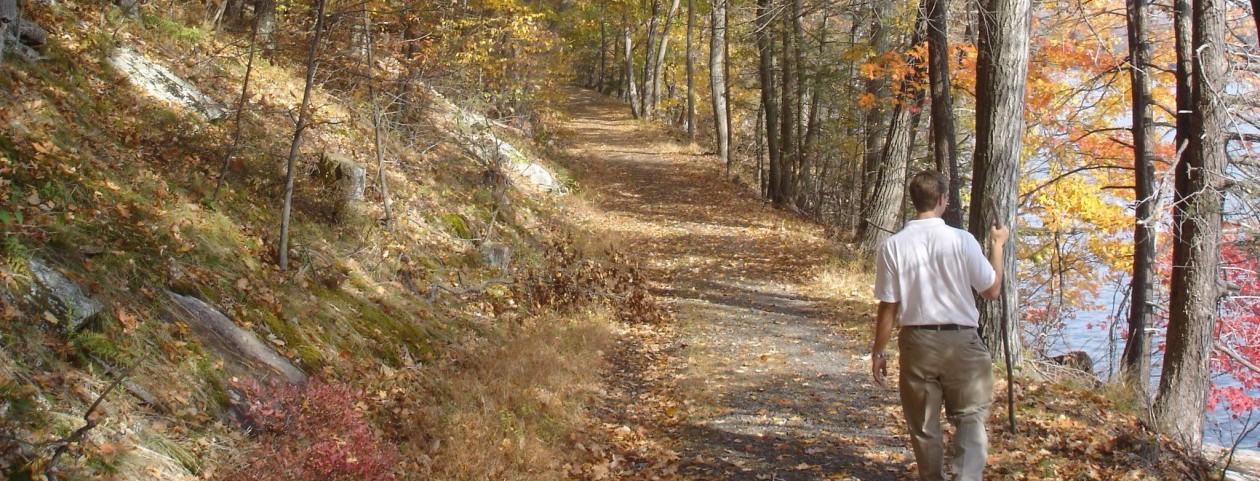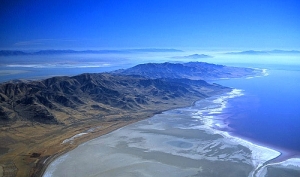Lent is sneaking up on us more quickly than usual this year: Ash Wednesday is February 10th, almost the earliest it can be. In preparation for this beautiful time of the year, I would like to offer some thoughts on how to make the discipline of the next six weeks spiritually fulfilling.
The first thing to keep in mind is the fundamental reason for Lent. This season is not just about making ourselves suffer with some annoying sacrifice. The primary reason behind Lent is to draw closer to God through detachment from our sins and from whatever can distract us from Our Lord. As you decide on your Lenten commitment, it is important to keep this mind and to discern what will help you, in your particular situation, detach from whatever is distracting you from God. It may be the case that a challenging sacrifice such as fasting or giving up TV will indeed bring you closer to God, but be open to the fact that God may be asking for something else.
“Be still, and know that I am God.” – Psalm 46:10
In particular, I would like to suggest that you consider allowing yourself more leisure. But first, let me clarify what I mean by “leisure.” I am not referring to laziness or even simply to rest but to something more. Laziness (also known as sloth) is a vice that consists in refraining from action when action is due. Rest is ceasing from action in order to recuperate energy for further action. Leisure is the opposite of laziness and much more than mere rest: it is ceasing from normal activity in order to open oneself to the contemplation of the beauty of this world, and ultimately to the contemplation of God, who is Beauty Itself.
Going back to your Lenten commitment: I can think of few better ways to detach from distractions and focus more on God than by commiting yourself to spending more time at leisure. The more you allow yourself to bathe in beauty, the more you open yourself to God. Since all beautiful things are reflections of the Beauty of God, you are learning about God whenever you take time to contemplate the beautiful. Even if your mind and imagination are not directly applied to God Himself, He is nevertheless revealing Himself to you through whatever beautiful thing is the object of your contemplation.
But to be at leisure, you must break away from the ordinary daily concerns that can distract you from God. Let’s get practical on how to do this. First, you will have to decide when you will be at leisure, and than you will have to decide how you will be at leisure.
Leisure Time
The evening is the most natural time to be at leisure, since, by then, you are physically and emotionally tired from the activity of the day. Allowing yourself an hour or so to be at leisure will enable you not only to rest but also to raise your mind to things that are greater and more beautiful than your job. You will go to bed not worrying about work but rather thinking about the beauty that you contemplated.
Ideally, all day Sunday should be dedicated to leisure. It is dies Domini – the Day of the Lord – and should be treated as such. Just as we dedicate sacred space to the contemplation worship of God, so should we dedicate sacred time for the same purpose. Going to church on Sunday is the first priority of Sunday, because it is during that time that we turn out minds and hearts directly to Our Creator. However, the rest of the day should be a prolongation of this turning towards God in the form of resting and contemplating the beauty of His creation.
Obviously, exactly when and how long to be at leisure depends on the situation of each person. Some people simply have to work on Sundays and others have to work late hours, but the point is that each should set aside a reasonable amount of time that works with his schedule.
Leisure Ideas
The ways of being at leisure are numerous, but they all share in common this imitation of God on the seventh day: cessation of work and contemplation of creation. You can be at leisure hiking in the mountains, walking in the park, or simply sitting in your backyard marveling at the beauty of nature. Leisure can take the form of being with friends and family, enjoying the beauty of the beloved people God has put in your life.
Leisure can be sitting down with a cup of tea and a well-written book. It can be watching or participating in an athletic event and enjoying the beauty of human athletic talent. It can be attending a musical performance and relishing the beauty of human musical creation. It can be watching a good movie or documentary, going to an art exhibit, or going to a museum. It can be the enjoyment of the finer things of life like good food or vintage wine.
Leisure can also be the development and exercise of creative talents. This Lent may be a good time to start learning that instrument that you have always wanted to play, or it may be a good time to begin that book that you have been thinking of writing. It may be a good time to take up or begin again whatever beautiful art is calling you, be it musical, visual, literary, culinary, or linguistic.
Stick to It!
Even though leisure is a very attractive thing, it is still going to take discipline to make sure that you have it. There will be times when you will be intensely tempted to forego your commitment in order to finish some pressing project or chore. In those moments, resist the temptation! Remember that life is so much more than your work or chores. Sit down, take a deep breath, and turn your mind to your novel, or your instrument, or whatever beautiful thing you have chosen for your leisure time. Before you know it, peace will settle in and you will enjoy that special spiritual dimension which is our privilege as humans and creatures of God.
For more on the topic of leisure, please read my post Why You Need Leisure.


































